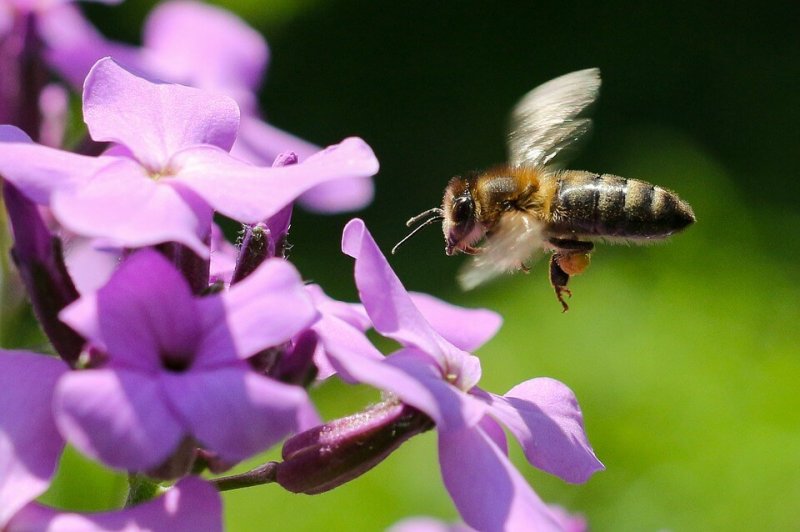EU lawmakers have urged the European Commission to convince member states to back its proposal to ban neonicotinoids and avoid further delays that will be harmful to bees and the environment.
MEPs from the main groups in the European Parliament co-signed a letter on March 20 to Commission President Jean-Claude Juncker and Health Commissioner Vytenis Andriukaitis.
In their letter, the MEPs urged the Commission to avoid another delay to a planned ban on neonics at the next Standing Committee on Plants, Animals, Food and Feed meeting (SCOPAFF) on 22 March, saying that this would be damaging to bees and the environment.
“Further delay in taking the decision will result in a continuous exposure of bees and other pollinators to toxins that kill them, with severe consequences for food production, particularly honey,” the MEPs warned.
…
The Commission tried to put the ban issue to a vote last December but governments stressed they wanted to see the EFSA report first.
…
On 28 February, the European Food Safety Authority (EFSA) published a report re-confirming that most uses of neonicotinoid pesticides- three neonicotinoids: Bayer’s clothianidin and imidacloprid and Syngenta’s thiamethoxam- represent a risk to wild bees and honeybees.
Read full, original post: Pressure mounts on Commission to put neonics ban to a vote































